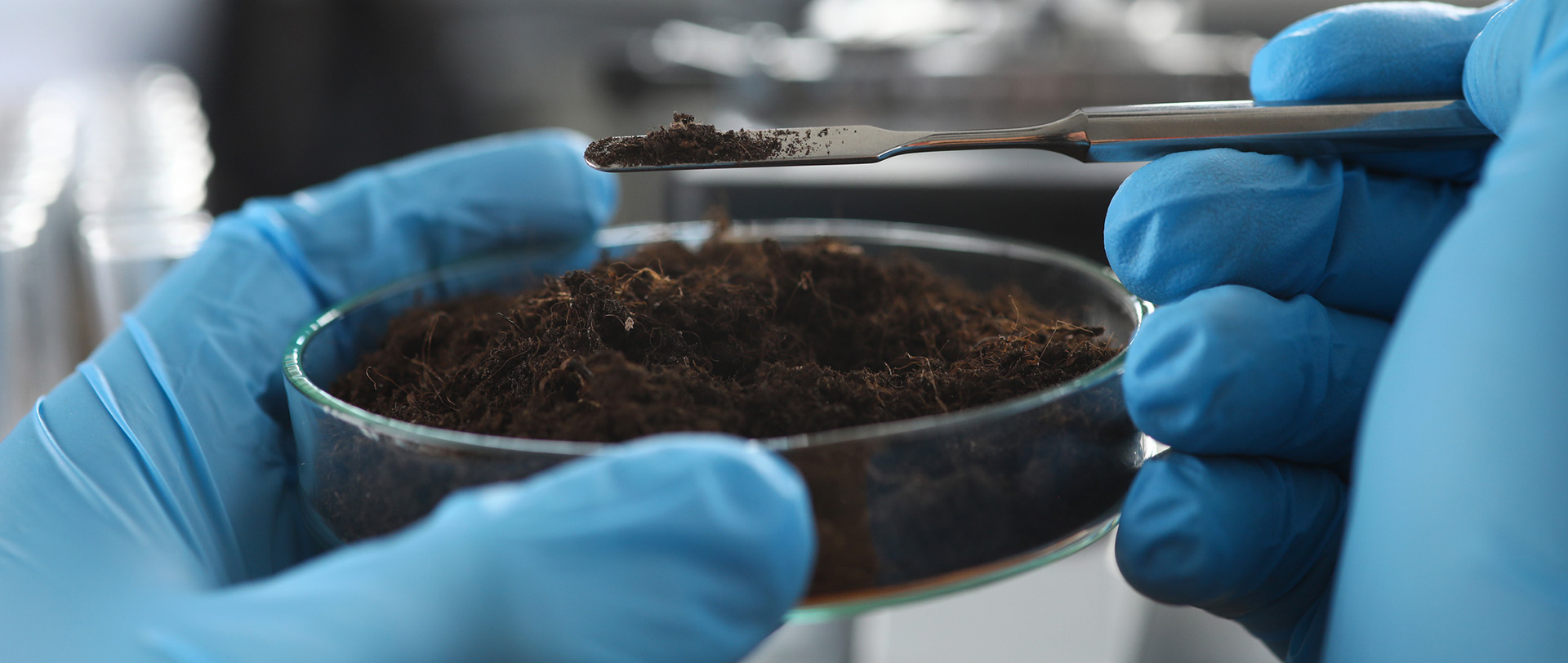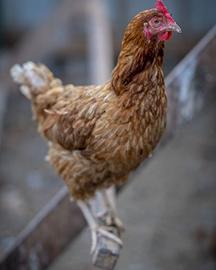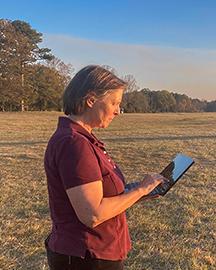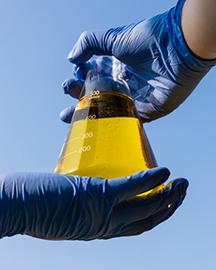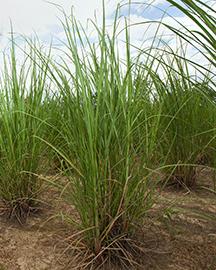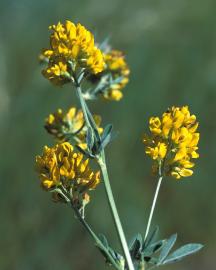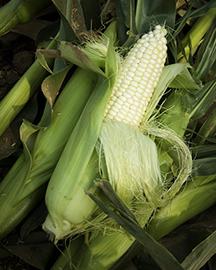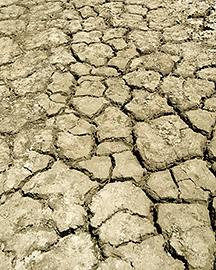New Standards for Analyzing Soil Health
Determining soil health is a complex process that requires a deep understanding of the living soil ecosystem, including the microbial community that lives in soils. When measuring and analyzing soil health, there is a critical need for reliable and consistent scientific methods and protocols to reduce study variability, improve interpretation of results, and increase the use of soil health assessments for developing better soil health management practices.
A consortium of ARS scientists across the country has developed a protocol to address sources of variability and uncertainty in measuring microbial community composition and its connection with agricultural management and changing climate. Success in these areas is essential for deriving a “return on investment” for farmers, both here in the U.S. and abroad, who are interested in more soil health-promoting practices. These measures will ensure that our diverse soils are healthy, sustainable, and resilient to climate change, which in turn will ensure healthy crop production in the future.



